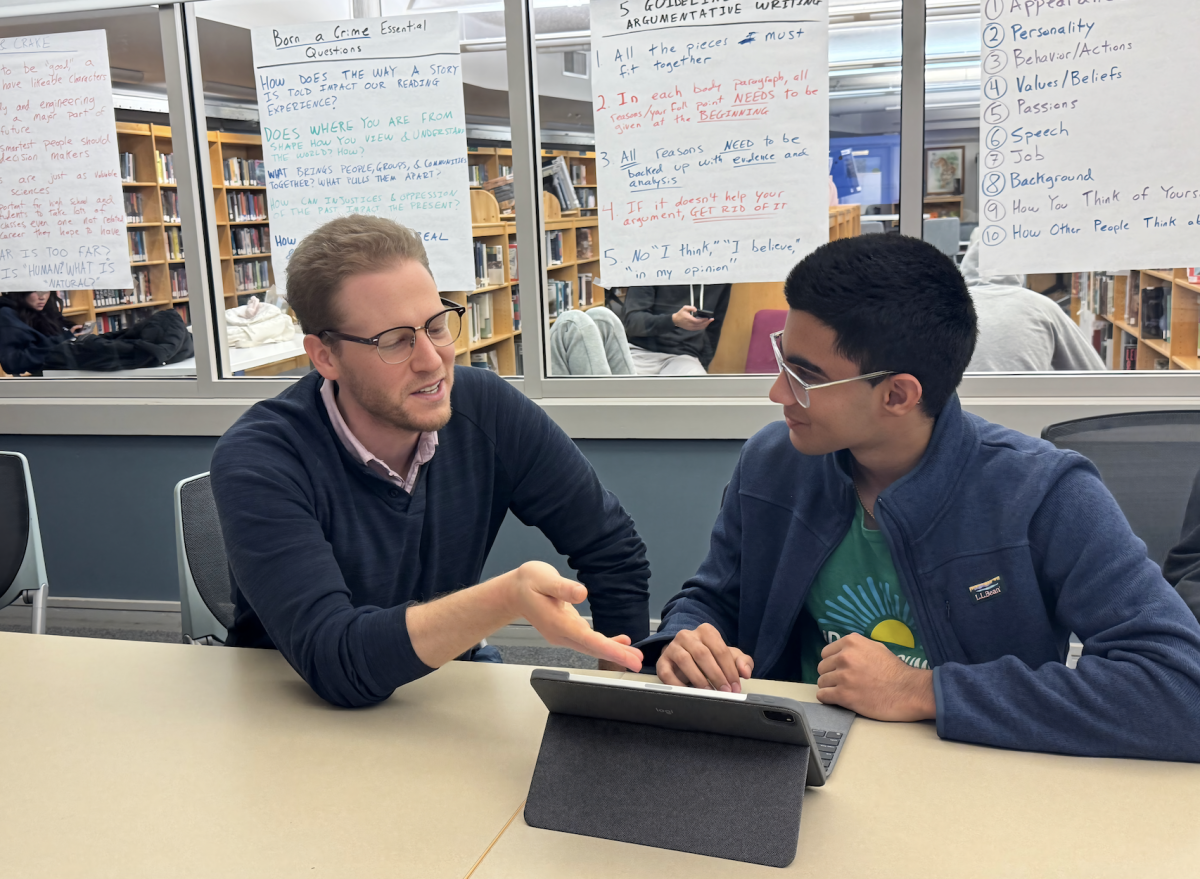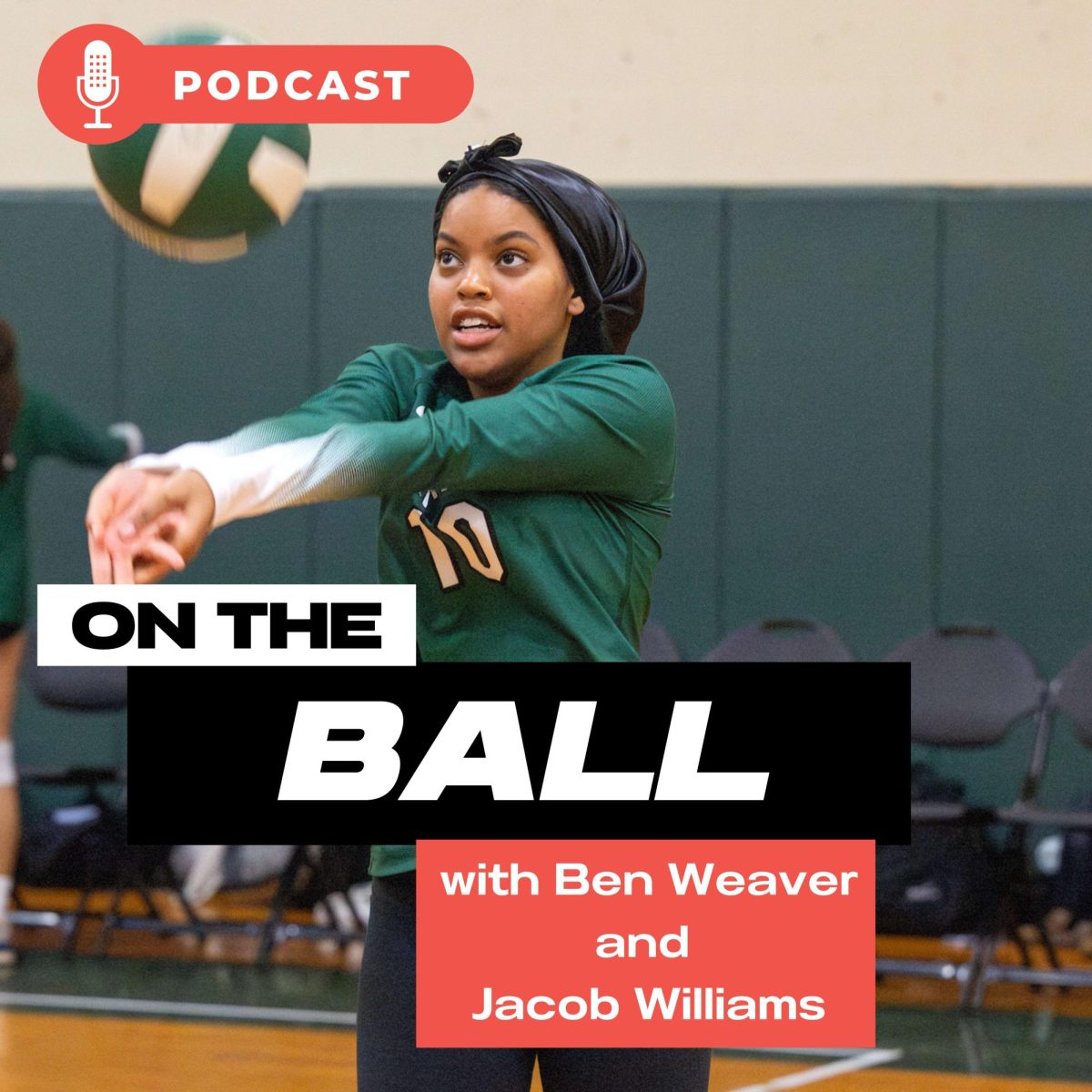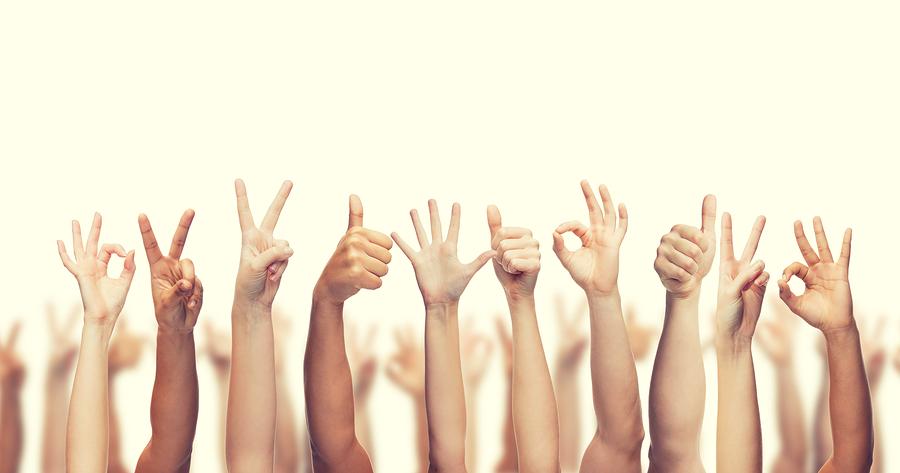While scrolling through Instagram a few weeks ago, I absentmindedly scrolled past posts with #PrayForParis. I was unaware of the event unfolding, and I quickly Googled “Paris attacks.” The first thing I came across was an article by CNN, “Paris massacre: At least 128 killed in gunfire and blasts, French officials say.”
The information was shocking. Eighty-nine of the 128 people killed were held hostage in a theatre. The jihadist group, ISIS, claimed responsibility. I have family and friends living in Paris, and I called right away to see if they were okay. Thankfully, they were.
After letting the news sink in, I recalled a headline I had read last winter about a bombing in Nigeria, where over 2,000 people were killed in a terrorist attack held in a marketplace in Baga. An extremist group, Boko Haram, deployed grenades and gun fire on innocent civilians. For days, corpses were scattered across the marketplace.
Save for a handful of stories run by a few major news outlets, by and large, western media buried the story. But a few days after the attack, Nigeria’s president Goodluck Jonathan issued a statement on the Charlie Hebdo shooting in France, calling it a “dastardly terrorist attack.”
A terrorist attack that left over 2,000 people dead. Doesn’t that sound familiar? Fourteen years ago a similar attack happened in the United States, and it still gets serious coverage .
How could the media gloss over such a tragedy in Nigeria? Why weren’t more western leaders issuing public sympathy and support for Nigeria? I came to the conclusion that horrific tragedies go more unnoticed in underdeveloped countries because the media tends to focus on incidents that affect only western countries.
Along these lines, last August in Ferguson, Missouri, the deadly shooting of Michael Brown, a black teenager, ignited protests over police brutality. The hashtag #blacklivesmatter trended on Twitter, Tumblr, and Instagram. In response, the hashtag #alllivesmatter sprang up, wrongly implying that blacks are no more subject to racism than whites.
Though this statement is true, using this phrase removes race from the issue. All lives are not being affected by racism and #alllivesmatter implies that we are all at the same level of risk. It is a passive aggressive attempt at erasing the issues that people of color face everyday. Identifying these biases leads to an uncomfortable truth: if we actually think all lives are of equal value, why doesn’t the media focus on ongoing issues in developing nations?
“People are more likely to care about the Paris attacks,” goes the standard response. “Not everyone is aware of issues that happen in other parts of the world. Paris is an important destination.” It seems that some of the same people that say “all lives matter” give some lives more importance.
Our coverage of events foreign and domestic is cloaked with bias. It’s time that we broaden our focus.























































